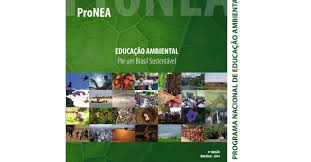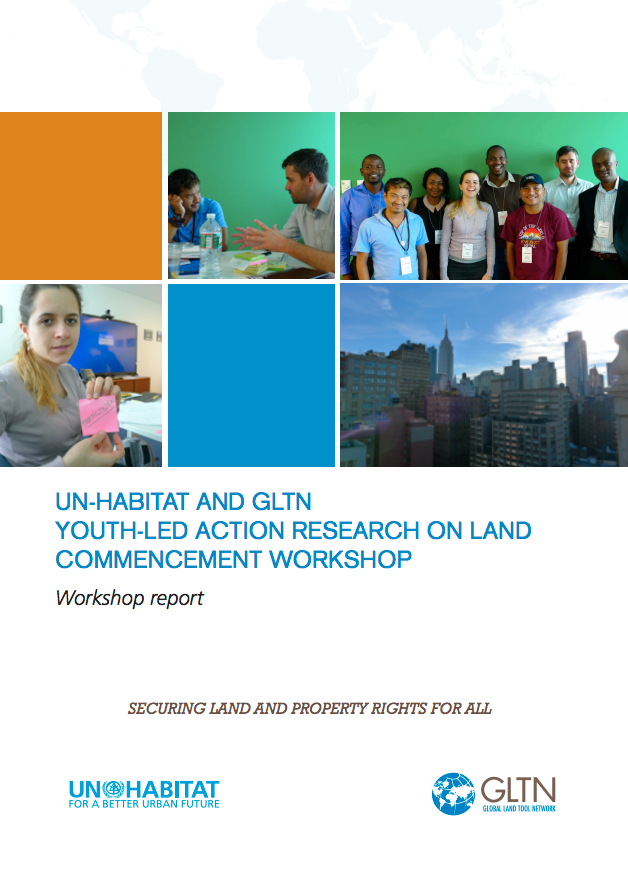La République du Congo et la FAO
La coopération entre la République du Congo et la FAO s’est développée régulièrement depuis l’ouverture de la Représentation en 1977. En 2013, ils ont élaboré leur premier document conjoint de programmation pour la période 2013-2016. Ce Cadre de programmation pays (CPP) définit les interventions à travers lesquelles la FAO apporte sa contribution au développement du pays.





